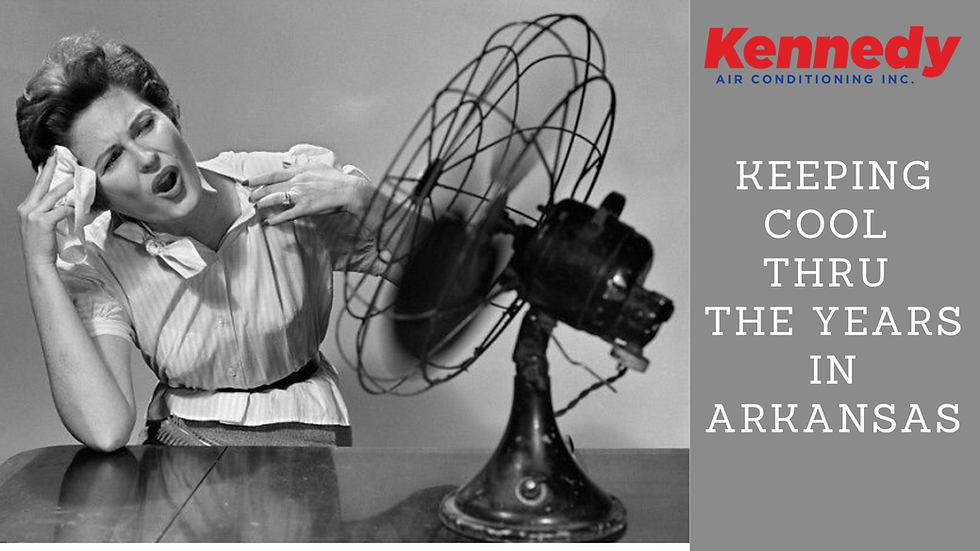All About Air Purification
- Kennedy Air Conditioning
- Apr 9, 2020
- 2 min read

Air purifiers are a common household item found on the consumer market these days. These devices supposedly help clear inside air of dust, allergens, germs, and other unwanted particles so that it is healthier to breath in. But do air purifiers really work? How do they work?
In general, air purifiers use small fans to draw in air, trap particles, and recirculate the clean air into the room. The goal is to capture potentially harmful airborne particles such as dust, pollen, allergens, bacteria, and smoke so that less is inhaled by the homeowner. Air purifiers can also help reduce offensive odors that linger in the home.
There are several different types of air purifiers that work differently, but the most common type involves air filter purification. Air filters inside these devices trap unwanted particles as air is forced through them by fans. Particles in the air that are above a certain size are unable to pass through the filters. Most filters are made of paper, fiberglass, or mesh materials, and must be replaced periodically as they become saturated.
More advanced types of air purifiers, like the ones that we recommend and install, use ultraviolet radiation to sanitize the air as it passes through. Or a carbon filter material to absorb particles from the air. Ionizers, which use static electricity to trap airborne particles, and ozone generators that emit oxidizing gas to clean the air, are also examples of types of purifiers. Some models of purifiers, such as an HEPA/UV-C, combine physical filters with ultraviolet radiation or electrically charged filters to trap a greater array of airborne particles and allergens. A note: it's important to consult your HVAC professional before using an ozone generator, as higher levels of ozone can cause lung irritation, especially in people that have asthma or other respiratory conditions.
HEPA, or High Efficiency Particulate Air filters, are structured with multiple layers of materials in an airtight chamber that trap various airborne particles. By industry standard, HEPA filters remove more than 99% of particles in the air that are 0.3 microns or more in diameter. The effectiveness of mechanical air filters is rated with the MERV system (Minimum Efficiency Reporting Value).
Air purifiers are most beneficial to people with allergy issues or asthma. While they may not remove every particle from the air (there is ongoing debate on how well they work), air purifiers can, at the very least, reduce the amount of particles in the air that may trigger allergies or asthma.
So is it worth it? That ultimately depends on the state of the air and ventilation in your home, as well as your specific health needs. A properly functioning air purifier will filter microparticles from the air so you and your family don’t breathe them in. If you have pets that shed a lot, air purifiers can also help reduce allergens from fur and dander that linger in the air inside your home.
If you are wondering if an air purifier would improve the air cleanliness and quality in your home, just ask us for advice. We will be able to determine what type of air would work best in your home, or if one is even needed at all. Just call Kennedy AC at 501-834-COOL and we will be happy to help you!




Comments